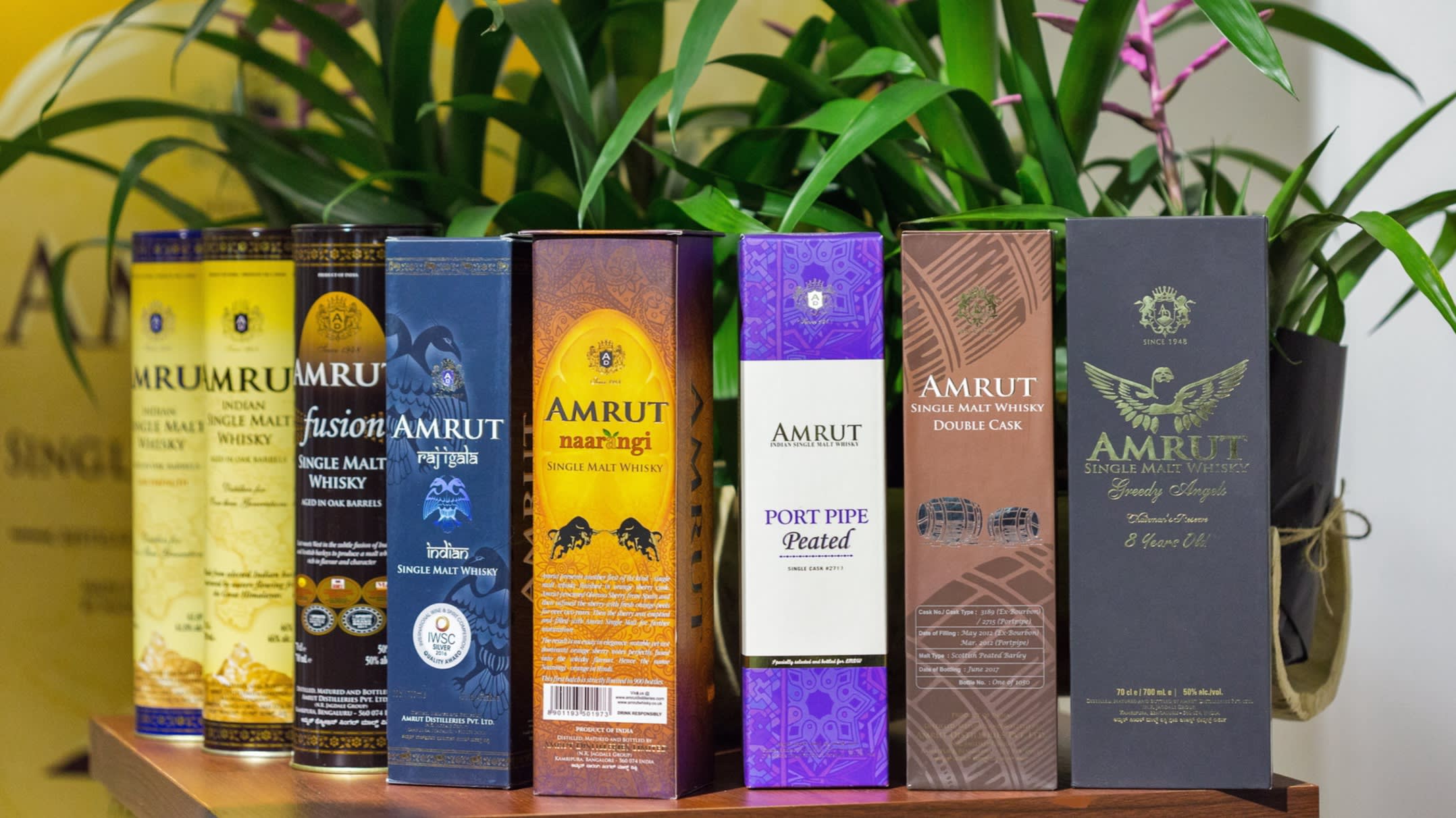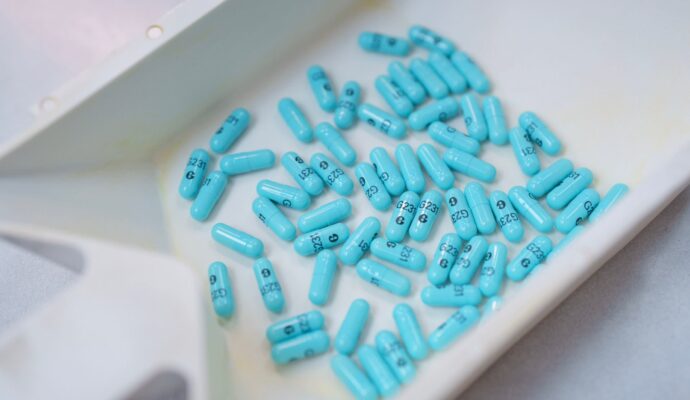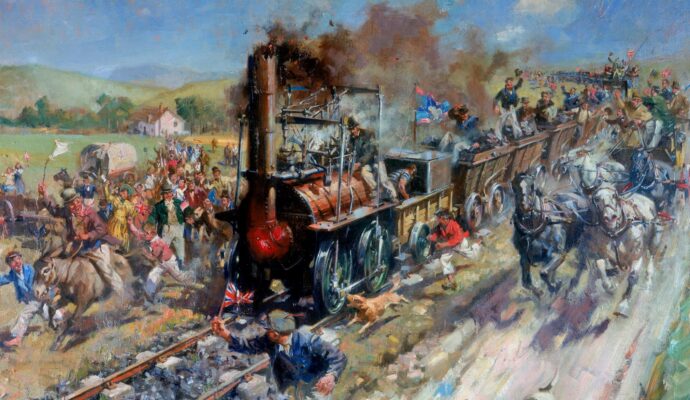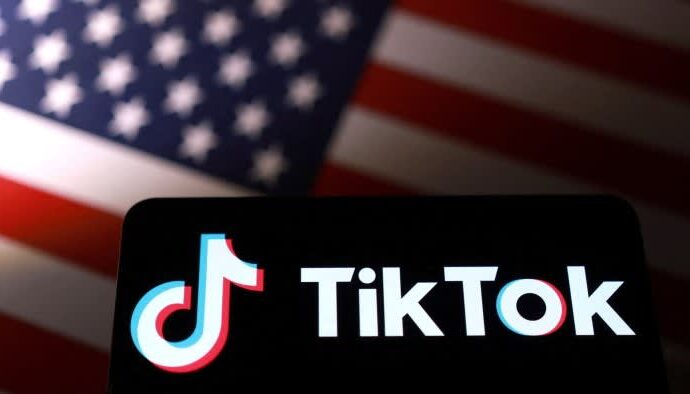
Unlock the Editor’s Digest for free
Roula Khalaf, Editor of the FT, selects her favourite stories in this weekly newsletter.
On the outskirts of Bengaluru in southern India, colourful lizards dart between stacked casks of single malt whisky, while about two dozen women on a production line hurriedly package bottles of the Amrut Distilleries’ flagship Fusion expression.
Amrut’s nearly 350 workers at the site are shipping out whisky that has to be bottled earlier than its Scottish rivals due to the country’s heat. While rapidly losing liquid from evaporation — known as the angels’ share — Indian single malts have reaped praise for their bold, fruity flavours.
Demand for Indian whisky is booming and Amrut has been steadily expanding, scaling up its annual supply of malt spirit from 900,000 litres in 2018 to 1.5mn this year. A rubble-strewn shell of a building at the distillery will soon be transformed into a visitor and tasting centre.
Local producers and multinational titans, Diageo and Pernod Ricard, are united in their belief that India is undergoing “premiumisation” as disposable incomes rise and more crave quality over quantity.
“It has become a status symbol,” said Rakshit Jagdale, the third-generation head of family-run Amrut, which was founded in 1948 and pioneered India’s first commercial single malt. “We don’t have enough quantity to sell. It’s a nice problem to have.”
But planning for the future has become trickier for Jagdale. Amrut’s biggest export market, the US, has slammed India with a 50 per cent tariff. Jagdale has also put on hold any further manufacturing expansion after a free trade agreement between India and the UK was struck this year. Formally signed last month, the pact, once ratified, will slash India’s notoriously high import tariffs on Scottish whisky from 150 per cent to 75 per cent and eventually 40 per cent in a decade.
The Scotch Whisky Association welcomed the deal. India is the largest whisky market in the world and the biggest by volume for Scotch exports. The country’s thirst for high-end whisky costing just over $30 a bottle has led to compound annual volume growth rates of 24 per cent between 2019 and 2024, according to IWSR, a global beverage industry researcher.
However, that premium segment commands less than 1 per cent of India’s whisky market by volume and remains unaffordable to many. As such, lower tariffs promise to uncork enormous long-term sales potential. But the Confederation of Indian Alcoholic Beverage Companies has put out sobering warnings that the agreement could see an “influx” of cheaper Scotch, undercutting local distillers.
India Business Briefing
The Indian professional’s must-read on business and policy in the world’s fastest-growing big economy. Sign up for the newsletter here
Indian-made liquor has long been sheltered by levies that made imported competitors vastly more expensive. A bottle of Amrut Fusion in the state of Karnataka, where the company is based, retails at Rs3,600 ($41). Its Scottish counterparts? More like Rs7,000 for a single malt from LVMH’s Glenmorangie or about Rs5,000 for Diageo’s Johnnie Walker Black Label.
But once the new tariffs are implemented, that gap will narrow. Jagdale expects the retail price on 12-year or older single malts from the UK could fall at least 20 per cent. “That will pose some challenges for us,” he said.
Others have taken a more nuanced view. Blends account for the lion’s share of India’s whisky and many are mixed with imported bulk Scotch, which would also enjoy lower duties. This month, Abhishek Khaitan, managing director of liquor producer Radico Khaitan, reassured investors that there would be “significant cost advantages” to the $46mn of bulk Scotch it will import over the next three years.
Either way, more Indians may expect to see prices drop for a wee dram or chota peg (small measure). Yet reduced national tariffs will not entirely cut through India’s uniquely complex liquor landscape, which industry executives often complain is akin to operating across multiple countries.
Excise and rules on booze remain a state-level affair, resulting in a nightmarish web of regulation and varying levels of political vilification and social taboo over alcohol consumption.
Any shift in pricing may not be so dramatic, believes Jason Holway, senior researcher at IWSR, who said “opportunistic increases” in taxes across some states had already wiped out much of the trade deal’s promised boozy benefit.
Holway added: “Even if the FTA does deliver a discernible price advantage to a wide range of Scotch whiskies, what it will not do is remove red tape nor reduce the cost of doing business in India, for imported and domestic brands alike.”


